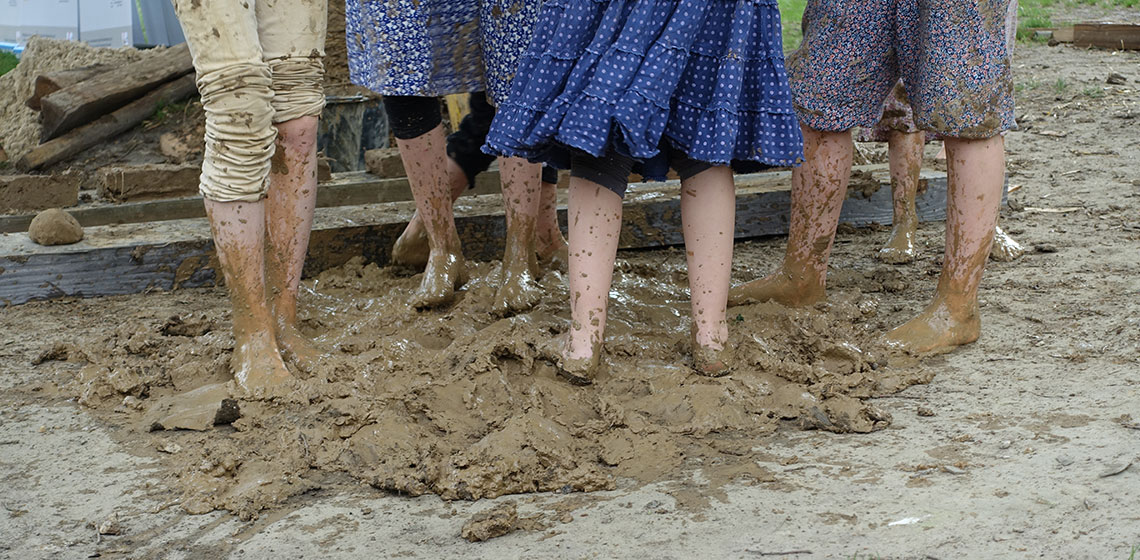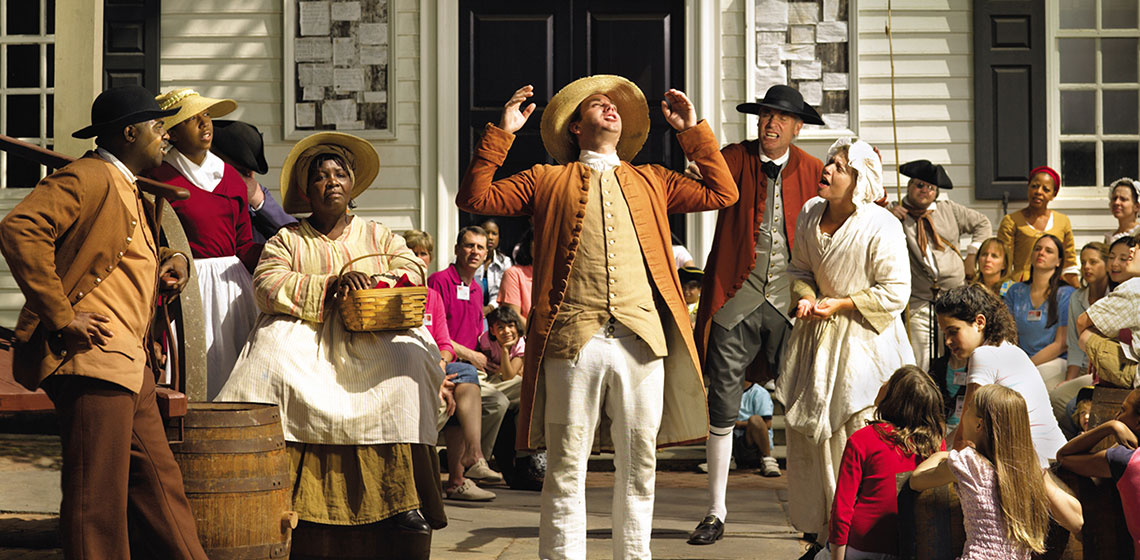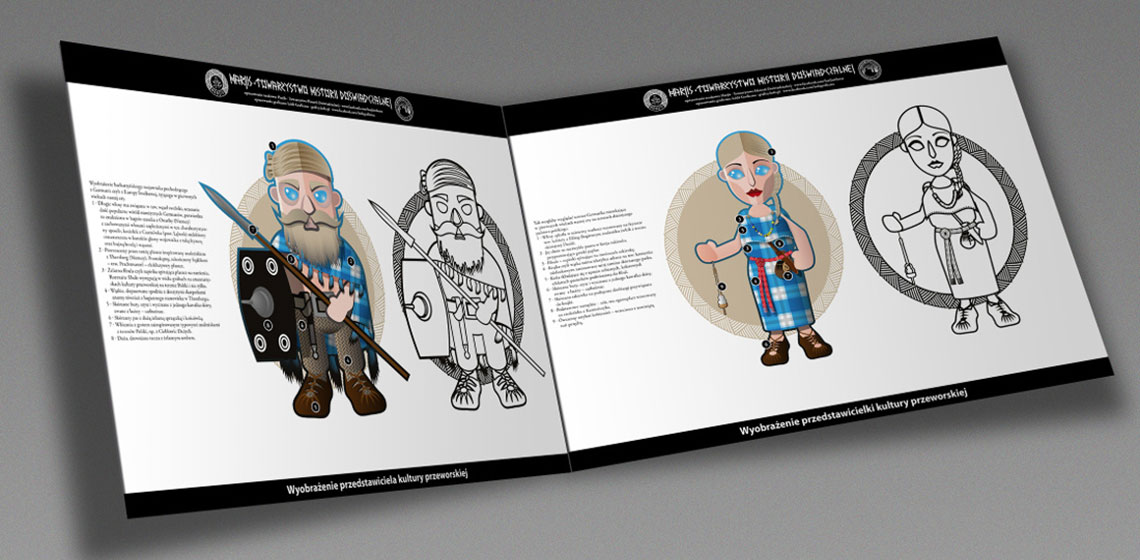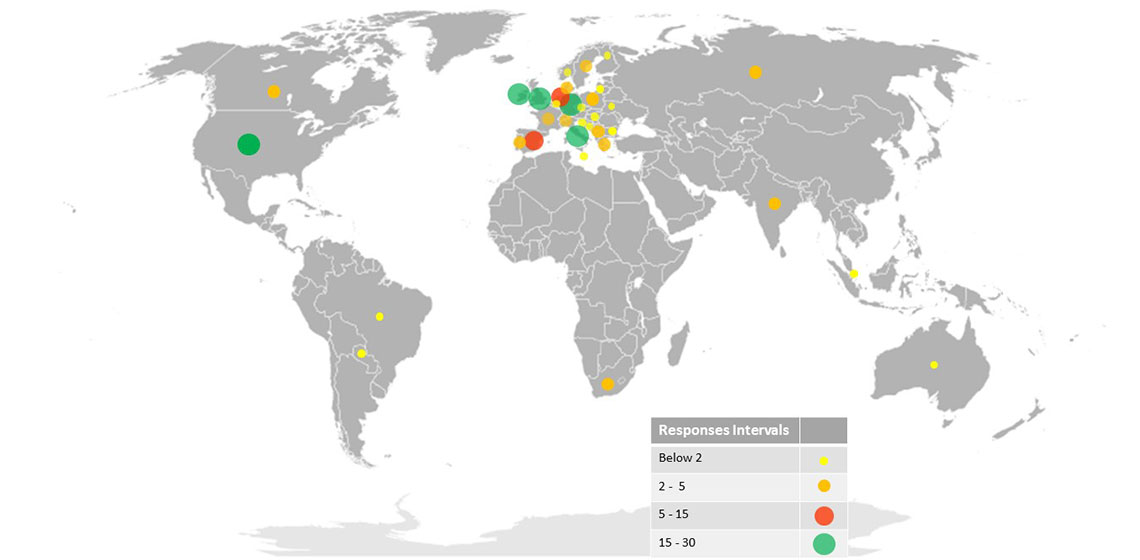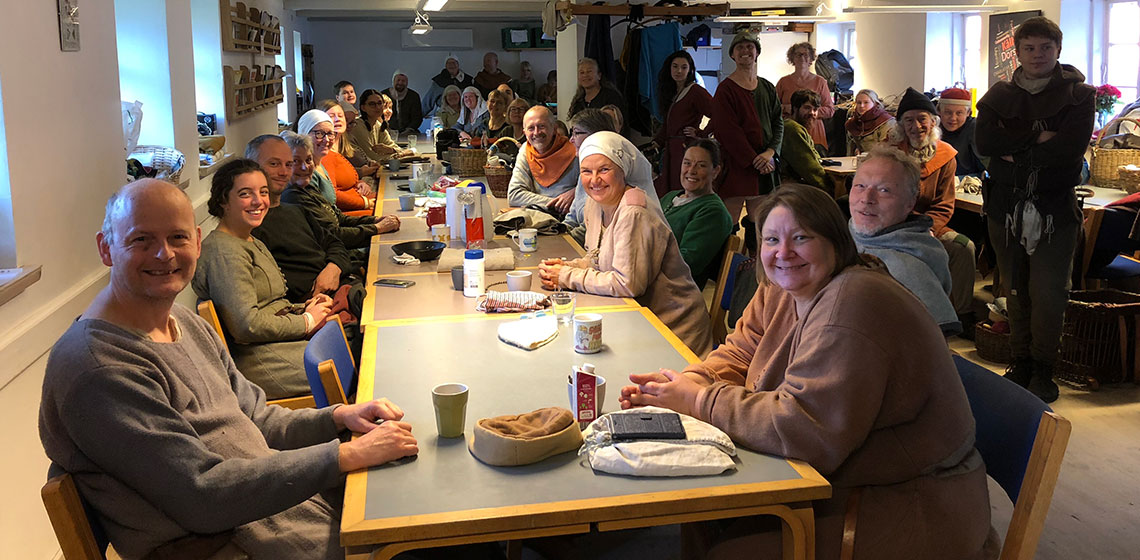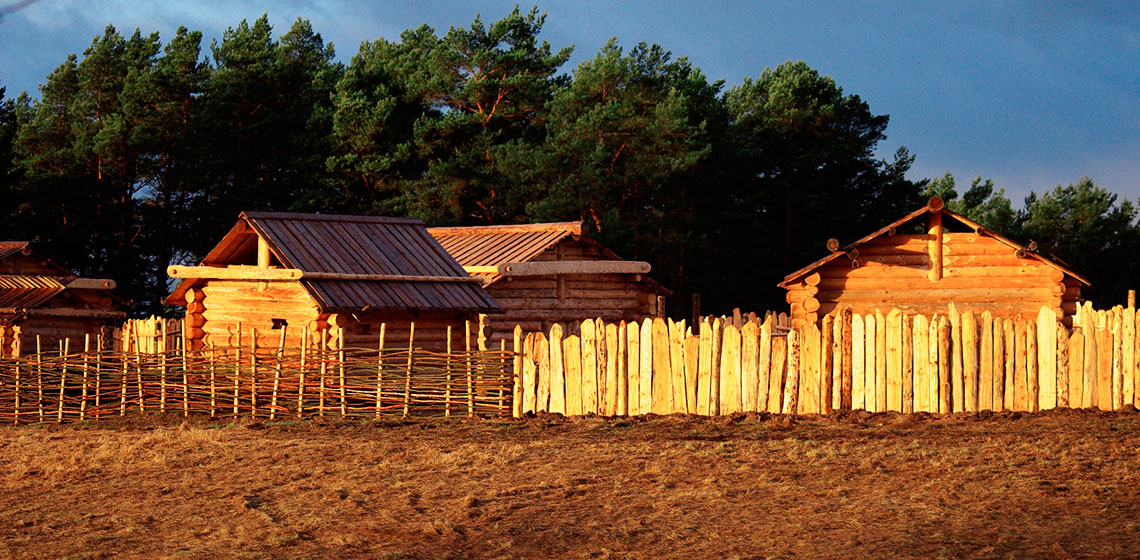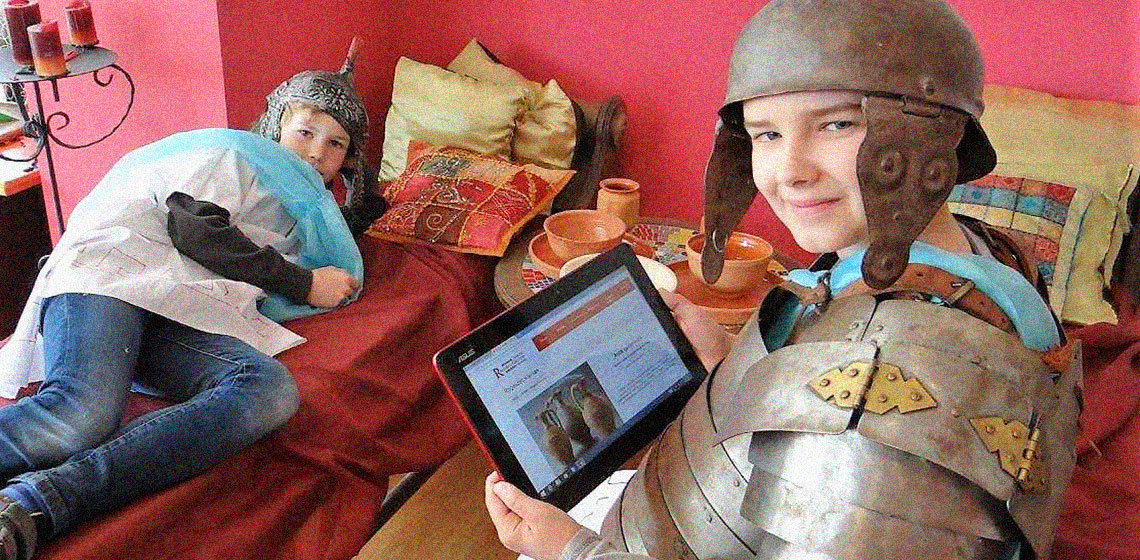The content is published under a Creative Commons Attribution Non-Commercial 4.0 License.
Themed Collections:
2018 Kernave Proceedings
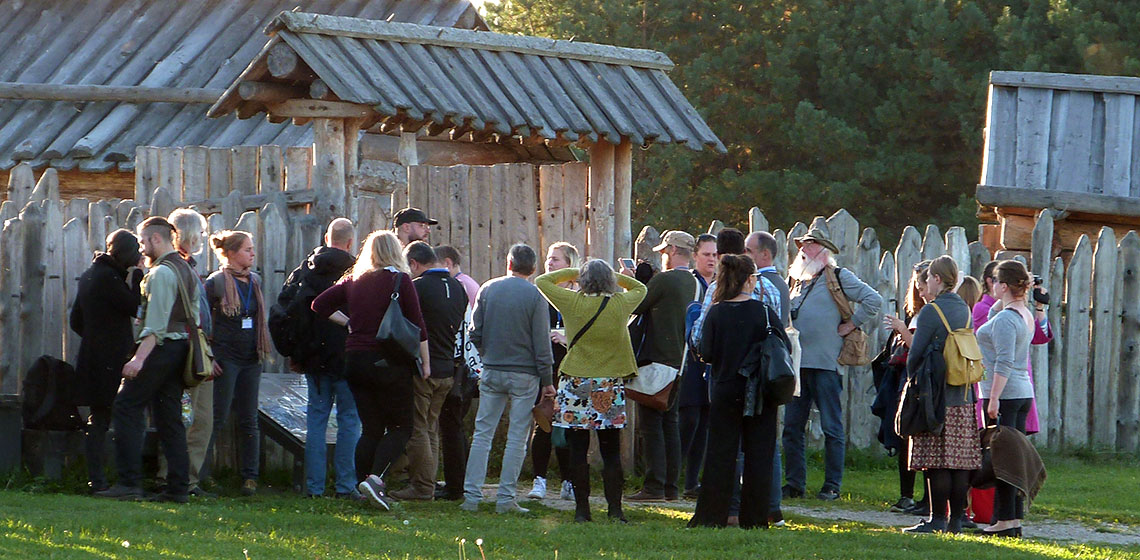
While archaeologists discover ever more sites and gain insight in the past, the challenge is to convey these stories accurately to the public in an appealing way. There are many formats on how to tell the stories, archaeology teaches us. During the conference "Archaeology for the People: Exhibition, Experience and Performance" at Kernavė (LT) the mix of people and program was remarkable: a good mixing pot of archaeology, tourism, storytelling and museum management. Good advice and information came both from people new in the business as well as those who are already a generation working with archaeology for the people.
In memory of Saulius Vadišis (1955-2019), Director of the State Cultural Reserve of Kernave (LT)
Featured
Engaging Diverse Audiences at the Archaeological Open-Air Museum Düppel in Berlin – Practical Examples and New Strategies
***In 1939, a boy called Horst Trzeciak was playing on a piece of land on the outskirts of Berlin. While playing, he found a number of pottery sherds. In an exemplary fashion he brought the sherds to the “Märkisches Provinzialmuseum”, which was, at that time, the city museum of Berlin...
Colonial Williamsburg: Archaeology, Interpretation & Phenomenology
***When I began investigating this conference I was unclear as to how well EXARC’s focus on experimental archaeology would blend with International Museum Theatre Alliance (Imtal)’s approach of museum theatre and interpretation. They seem after all, two very different disciplines...
Popularisation of Experimental Archaeology in the Activity of Harjis - Project under the Patronage of the Institute of Archaeology of the University of Lodz (PL)
***This article outlines our experiences gained during the implementation of activities at the Society of Experimental Archeology Harjis. Our society aims to recreate dress, weaponry and the realities of the Przeworsk culture, that is, people living in the first centuries of Common Era in the territory of present-day Poland...
Experience and Discovery: Engaging the Public in Research. A Survey on Experimental Archaeology Contemporary Practice and Meaning – Preliminary Results
***The traditional way of engaging the public with the past has changed: now, through experimental archaeology, we can have a direct, physical contact with the “past”. But, as researchers know, the means used to engage the public are the fruits of an active process of investigation, especially in experimental archaeology. Could it be possible to enable visitors to actively engage in the questioning of the past, to let them experience the discovery process?
How to Make a Medieval Town Come Alive – the Use of Volunteers in Living History
***For over 25 years The Medieval Centre/Middelaldercentret in Nykøbing F. Denmark has used volunteers to inhabit the reconstructed medieval town of Sundkøbing. To combine the use of volunteers and living history is not easy or something that happens spontaneously. It is hard work and requires patience, strength and firmness, but also...
Kernave Archaeological Site – the Place for Experimental and Living Archaeology
***Kernavė is one of the most picturesque places in Lithuania. Five hill-forts surround the wide valley of Pajauta. This place has always been visited by people not only for its sights but also for its aura of the distant past. Ever since people in Lithuania became more interested in history, Kernavė has been a symbol of...
Vacation in the Past - Effective Heritage Interpretation through Education
***Heritage sites are breathing memories from the past; however, visitors can hardly imagine or experience the ancient life on the spot. In fact, these visits are supposed to conjure up journeys back into the past and park managers should facilitate such experiences by the most effective means possible in order to help tourists gain...


